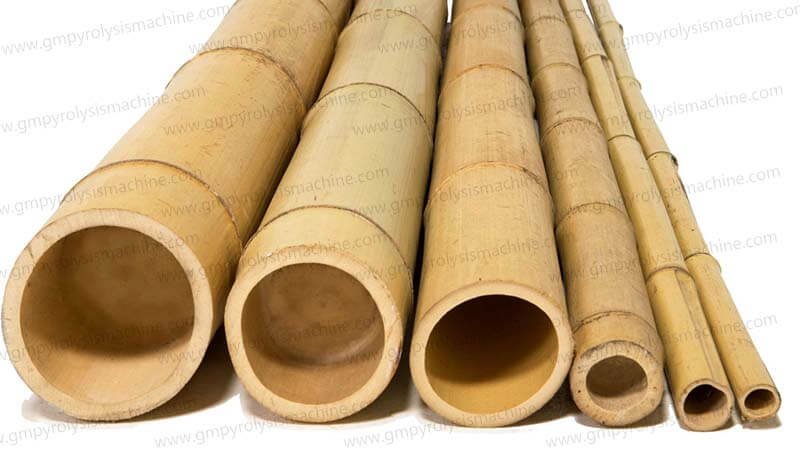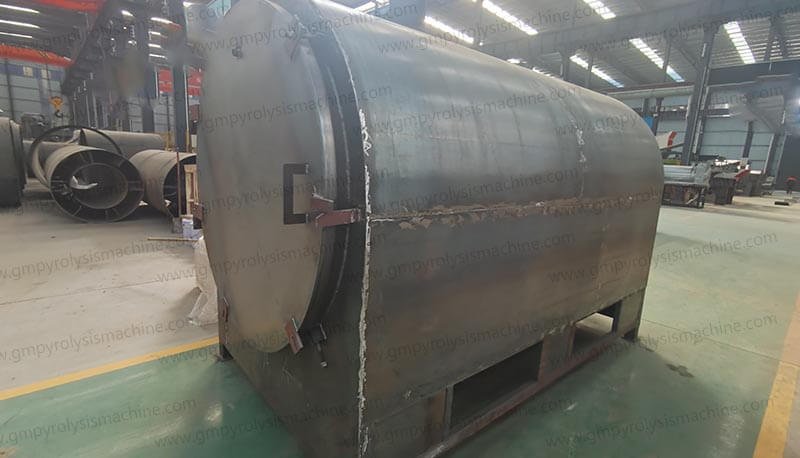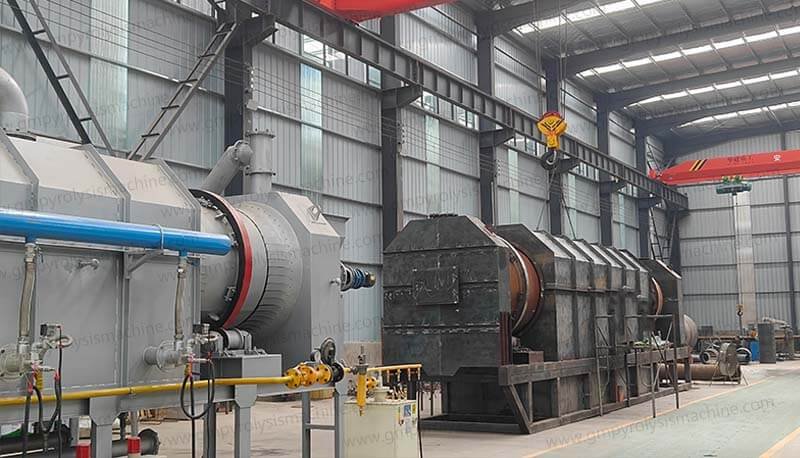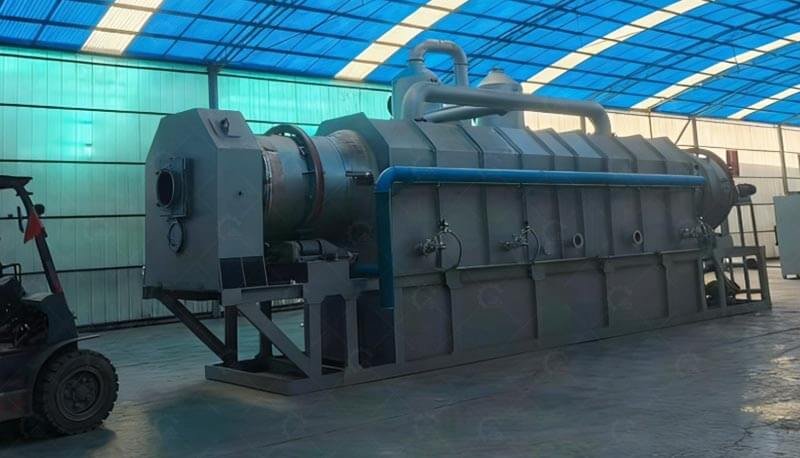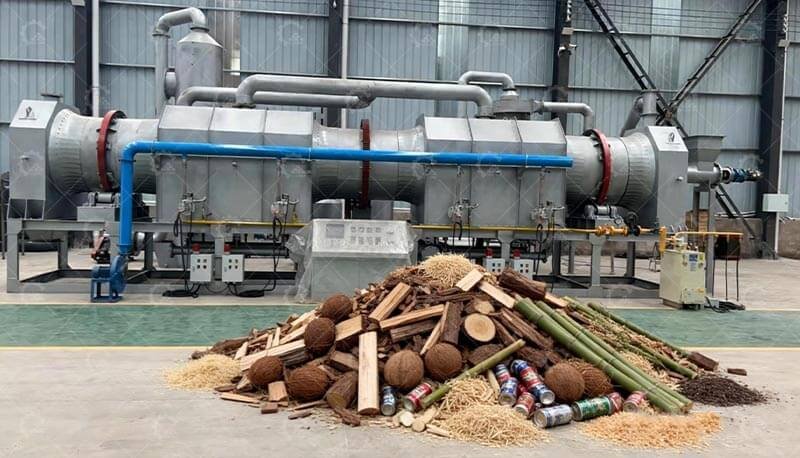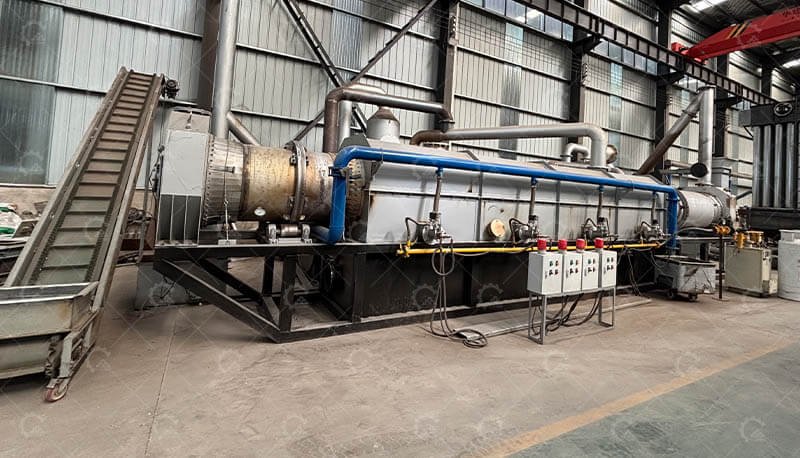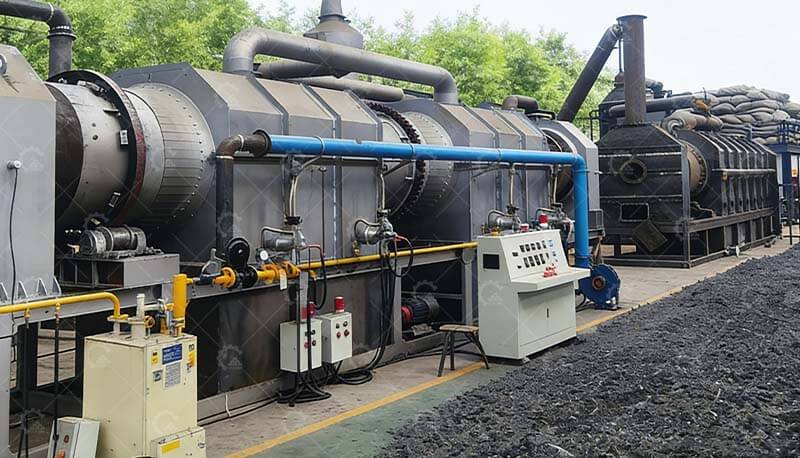Investing in a bamboo pyrolysis machine offers an eco-friendly and profitable solution for managing bamboo waste while producing high-demand bio-products. As industries prioritize sustainability, bamboo pyrolysis technology has emerged as a game-changer, converting agricultural residues into charcoal, bio-oil, and syngas.
What Raw Materials Can a Bamboo Pyrolysis Machine Process?
A bamboo pyrolysis machine efficiently processes various bamboo-based feedstocks, including:
Bamboo scraps: Offcuts from furniture, flooring, or construction.
Bamboo residues: Leaves, branches, and sawdust from processing.
Whole bamboo stalks: Harvested bamboo with moisture content below 20%.
The machine requires pre-treated materials: bamboo is shredded into 2–5 cm pieces and dried to 10–15% moisture for optimal pyrolysis efficiency.
Processing Capacity: Scalable Solutions for Every Operation
Modern pyrolysis equipment comes in multiple sizes to match production goals:
Small-scale units: Process 1–3 tons of bamboo daily, ideal for farms or SMEs.
Industrial plants: Handle 10–20+ tons/day, suited for large biomass facilities.
For example, a 5-ton/day bamboo charcoal making machine can yield ~1.25 tons of bamboo charcoal, 0.75 tons of bio-oil, and 1,000–1,500 m³ of syngas daily. Automated feeding and discharge systems minimize labor while maximizing uptime.
End Products: From Waste to High-Value Resources
A biomass pyrolysis plant transforms bamboo into three marketable products:
1. Bamboo charcoal (30–35% yield): Used as fuel, soil enhancer, or raw material for activated carbon.
2. Bio-oil (15–20% yield): Converted into biofuels, lubricants, or chemical feedstocks.
3. Syngas (30–40% yield): Utilized to power the pyrolysis reactor or sold as industrial fuel.
With bamboo charcoal prices ranging from $500–$800/ton, businesses can achieve ROI within 1–2 years, depending on scale.
Key Components of Bamboo Pyrolysis Equipment
Reliable pyrolysis equipment includes:
Pre-treatment system: Shredders and dryers to prepare feedstock.
Pyrolysis reactor: Heated to 450–600°C in oxygen-free conditions to decompose bamboo.
Condensation system: Cools syngas into bio-oil.
Emission controls: Cyclones and scrubbers to meet environmental standards.
Advanced models feature PLC automation for precise temperature control and real-time monitoring.
Bamboo Pyrolysis Machine Price: Investment Breakdown
The pyrolysis machine price varies based on:
Capacity: A 1-ton/day unit costs $50,000–$80,000, while a 20-ton/day biomass pyrolysis plant exceeds $350,000.
Automation level: Semi-automatic systems reduce labor costs by 40% but increase upfront investment by 20–30%.
Material quality: Reactors made of 310S stainless steel last 8–10 years but cost 15% more than standard models.
Many manufacturers offer financing or modular designs to ease initial costs.
Choosing the Right Pyrolysis Equipment Supplier
When selecting a bamboo charcoal making machine supplier, prioritize:
Certifications: ISO, CE, or EPA compliance for safety and export readiness.
Customization: Adjustable temperature settings and feedstock compatibility (e.g., coconut shells, rice husks).
After-sales service: On-site installation, operator training, and spare parts availability.
Request case studies or client references to verify performance claims.
Why Invest in Bamboo Pyrolysis Technology?
Beyond profitability, a bamboo pyrolysis machine supports circular economy goals by:
Reducing landfill waste and methane emissions.
Cutting reliance on fossil fuels through renewable syngas and bio-oil.
Creating rural employment in bamboo-rich regions.
Governments in Asia and Africa increasingly subsidize biomass projects, enhancing ROI potential.
A bamboo pyrolysis machine unlocks value from underutilized biomass, generating sustainable revenue streams while combating environmental degradation. By analyzing feedstock requirements, processing capacity, and pyrolysis machine price factors, businesses can select equipment that aligns with their operational and financial goals. Partner with certified biomass pyrolysis plant suppliers to ensure reliability, efficiency, and compliance in your green energy venture.

